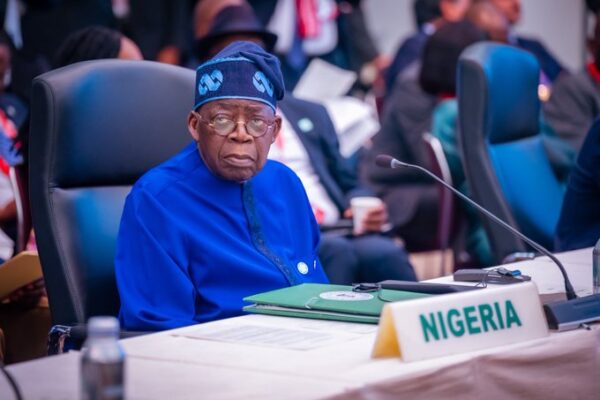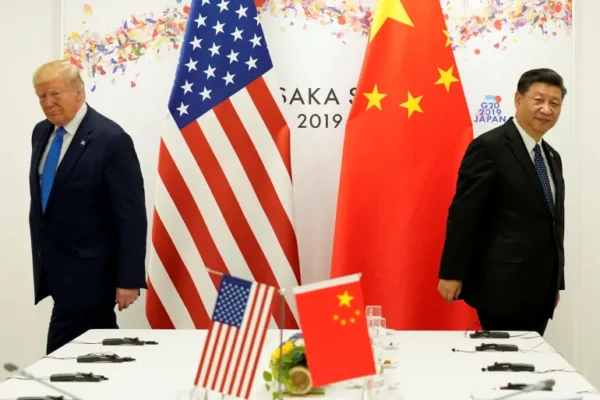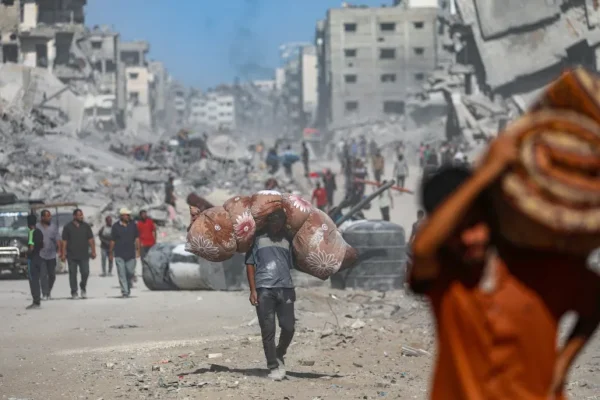
Anthony Joshua Losing to Jake Paul Would Be “The End for Boxing,” Says Eddie Hearn
Promoter Eddie Hearn has issued a dramatic warning ahead of Anthony Joshua’s upcoming heavyweight showdown with Jake Paul, insisting that a loss for the former world champion would be catastrophic for the sport. Joshua and Paul are set to meet on December 19 in Miami, in a fight that has generated massive global attention. While Paul has transitioned from YouTuber to professional boxer with 13 fights under his belt, he now faces an Olympic gold medallist and two-time heavyweight world champion in Joshua. Speaking to Sky Sports, Hearn said he cannot imagine a scenario in which Joshua loses — and suggested that such an upset would force the entire sport into embarrassment. “If I’m wrong, I think my time’s up. Not just AJ and me retire — I think we should all retire,” Hearn declared. “So AJ, the weight of boxing is on your shoulders, my man.” “This Would Be a Straightforward Obliteration” — Hearn Despite acknowledging Paul as a “top 50 cruiserweight,” Hearn was blunt about the skill gap between the fighters. “I don’t think any non-world-class cruiserweight can step up to heavyweight and beat Anthony Joshua,” Hearn said. “I really believe this is going to be a straightforward obliteration.” Hearn also emphasized that the bout is a legitimate, fully sanctioned contest. “Fair play to Jake Paul — he’s signed up for a real fight. But within less than a minute, he’s going to be thinking: ‘What on earth have I done?’” Jake Paul Eyes Fury Next Paul has remained defiant in the face of widespread skepticism. During the press conference, he boldly predicted: “I’m knocking AJ out… and then fighting Tyson Fury in 2026.” The American entertainer-turned-boxer has been gradually building his résumé, but many analysts believe he is now entering completely unfamiliar territory by facing a top-level heavyweight. Joshua Expected to Finish Fight Early Hearn said Joshua has no intention of dragging the fight out. “AJ’s not capable of hanging around. The minute he smells weakness or blood, he’s letting his hands go… and that’s a major problem for Jake Paul.” He suggested that Joshua should finish the fight inside two rounds. “Two rounds is fair. I’d be disappointed if AJ didn’t get him out of there in two.” The bout is one of the most talked-about matchups of the year, blending star power, controversy, and high stakes — with Hearn insisting that Joshua’s victory is essential to protect the reputation of the sport itself.





